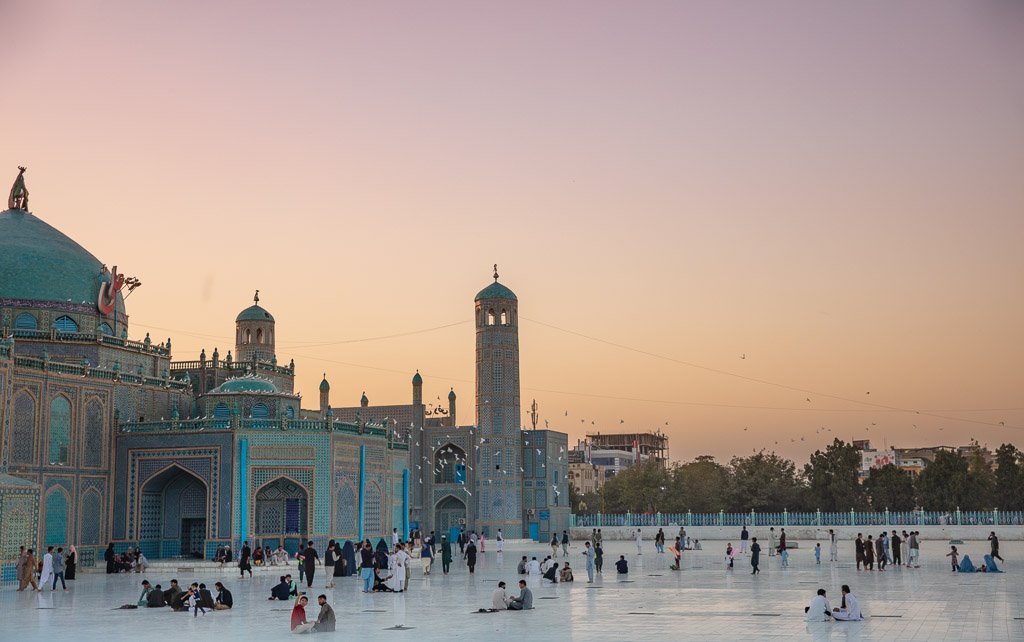
Whisky Culture in Mazar-e Sharif, Afghanistan: Navigating Tradition and Modernity
whisky in mazar-e sharif afghanistan. Nestled in the northern region of Afghanistan, Mazar-e Sharif is renowned for its rich cultural heritage and historical significance. Amidst the backdrop of ancient traditions and Islamic values, a burgeoning whisky culture has emerged, reflecting the city’s dynamic evolution and interaction with the global community. This article explores the nuances of whisky appreciation in Mazar-e Sharif, highlighting the interplay between tradition and modernity in this vibrant Afghan city.
Historical Roots and Cultural Influences:
Whisky culture in Mazar-e Sharif is deeply rooted in the city’s historical legacy and diverse cultural influences. As a prominent center of trade and commerce along the ancient Silk Road. Mazar-e Sharif has long been exposed to a variety of cultural traditions and practices. While Islam prohibits the consumption of alcohol for Muslims, the city’s multicultural population, including expatriates, aid workers, and diplomats, has contributed to the introduction and acceptance of whisky within certain social circles.
Social Dynamics and Legal Framework:
Despite these legal restrictions, whisky aficionados in Mazar-e Sharif often gather in private settings. Such as expatriate compounds or diplomatic residences, to enjoy their favorite spirits discreetly.
Cultural Exchange and Cross-Cultural Connections:
Diplomatic functions, embassy gatherings, and expatriate social events often feature whisky as a symbol of conviviality and cultural exchange. These interactions foster cross-cultural connections and provide opportunities for individuals from diverse backgrounds to come together. Share their appreciation for whisky amidst the challenges of living in a complex and sometimes volatile environment.
Local Perspectives and Traditions:
While whisky consumption remains a niche activity in Mazar-e Sharif. There are local perspectives and traditions that shape its cultural significance.
Challenges and Opportunities:
The growth of whisky culture in Mazar-e Sharif presents both challenges and opportunities for the local community. Balancing the desire for cultural exchange and individual freedoms with respect for Islamic values and societal norms requires careful navigation. Initiatives that promote responsible consumption, cultural dialogue, and community engagement can contribute to a more inclusive and harmonious whisky culture in Mazar-e Sharif. Fostering greater understanding and appreciation among its diverse residents.
Conclusion:
Whisky culture in Mazar-e Sharif offers a fascinating glimpse into the city’s social dynamics and its interaction with the wider world. Rooted in tradition yet open to modern influences. Whisky appreciation serves as a reflection of Mazar-e Sharif’s resilience and adaptability in the face of historical challenges and cultural shifts. As the city continues to evolve. Its whisky scene stands as a testament to the enduring spirit of Mazar-e Sharif and its cosmopolitan inhabitants.
